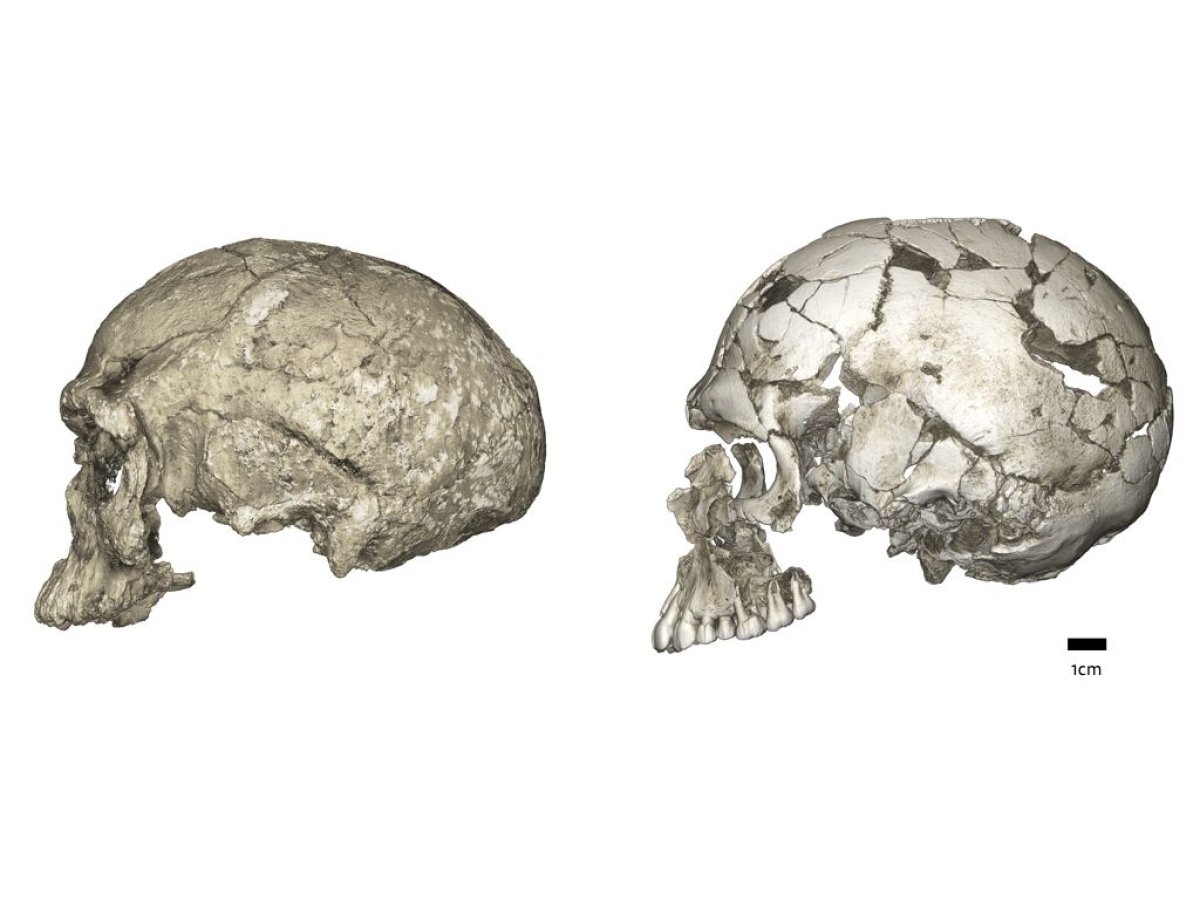When it comes to the origins of our species, Homo sapiens, most scholars have accepted that we originated in Africa around 300,000 years ago, likely from a single population.
However, research published in the journal Trends in Ecology & Evolution has challenged this view, suggesting that our ancestors were scattered across the entire African continent and did not stem from a specific region.
This fractured evolution meant that our species was both physically and culturally diverse right from the very beginning, according to an interdisciplinary group of researchers led by Eleanor Scerri, an archaeologist from the University of Oxford and the Max Planck Institute for the Science of Human History.
For the study, the team combined approaches from various disciplines, including anthropology, archaeology and genetics, in addition to reconstructing Africa's past climate, to build a picture of how modern humans have evolved over the last 300,000 years.
They found that not only were Homo sapiens scattered across Africa when we emerged as a species, but these populations were also largely kept apart due to a combination of physical barriers, such as forests and deserts, leading to diversification.
However, these environments often shifted over time, spurring migrations which created some contact opportunities. This may have meant that populations could have gone through cycles of cultural and genetic mixing before becoming isolated again.
This new model of human evolution better explains the available genetic, fossil and archaeological evidence, the researchers said.
For example, this model can explain why human bone fossils from the last 300,000 years vary significantly, with a mix of archaic and modern features appearing in different places and at different times.
"This suggests that there was a continental-wide trend towards the modern human form, but with high inter-regional variation," Scerri told Newsweek. "In our view, the constellation of physical features and behaviours that define us emerged from the occasional mixing of ancestral populations that were scattered across Africa."
"The idea that much of Africa may have played a role in our evolution is not new, even though it has not been a dominant view," she said. "However, patterns of mixing between early human populations have been assumed to be random and frequent, and this scenario is what has typically been modelled. We are saying this was not the case."
The archaeological evidence also lends weight to the new hypothesis. Stone tools and other artifacts—usually referred to as material culture—have "a high degree of geographic differentiation", Scerri said.
While there was also a continent-wide trend toward a more sophisticated material culture, this clearly didn't originate in one region or occur at one time period, she explained.

Finally, the available genetic data from both living and ancient Africans, indicates that the single origin model is insufficient, the researchers argue.
"It is difficult to see how the very high amounts of inferred ancestral genetic variation could be maintained by a single population," Scerri said.
The new research highlights how the evolution of modern humans in Africa was a multiregional, multiethnic and multicultural phenomenon, she concluded.
"A key implication is that we are missing a lot of information from our past by not investigating the African continent more comprehensively, and applying simple, tree-like models of human population history—with their implied single ancestral population origins—will mislead interpretations of genetic, archaeological and fossil data," she said.
"Currently, research tends to prioritise certain, well-investigated regions, at the expense of less well-investigated regions."
Uncommon Knowledge
Newsweek is committed to challenging conventional wisdom and finding connections in the search for common ground.
Newsweek is committed to challenging conventional wisdom and finding connections in the search for common ground.
About the writer
Aristos is a Newsweek science reporter with the London, U.K., bureau. He reports on science and health topics, including; animal, ... Read more
To read how Newsweek uses AI as a newsroom tool, Click here.








